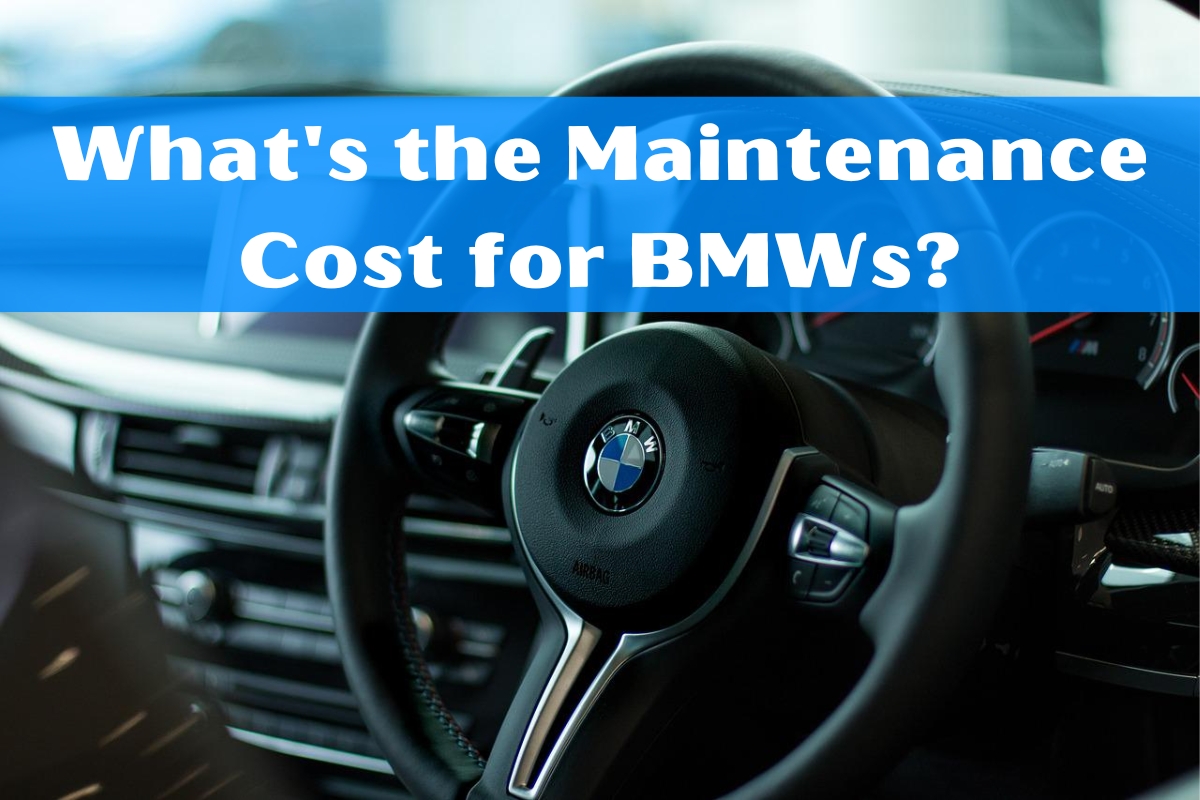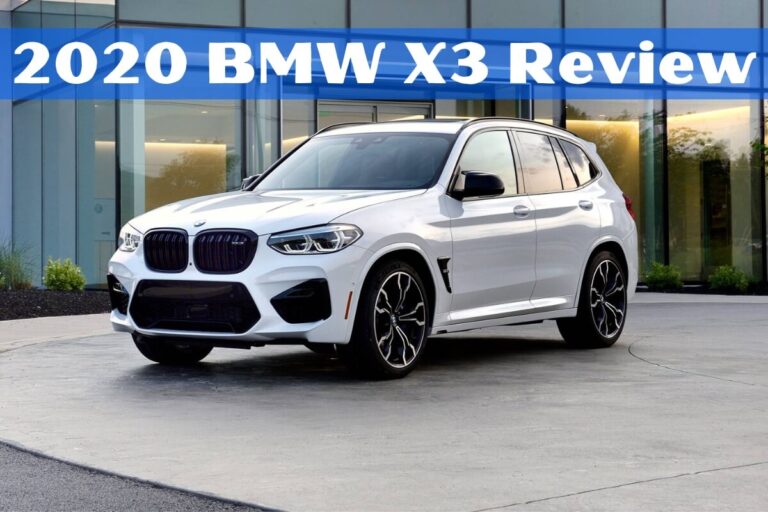What’s the Maintenance Cost for BMWs?

If you’re in the market for a BMW, you’re likely drawn to the brand’s high-performance engineering, luxury features, and prestige. However, one factor you’ll need to carefully consider is the maintenance cost associated with owning a BMW. The average annual maintenance cost for a BMW is $968, which is significantly higher than the industry average of $652 per year. This blog post will dive deep into BMW maintenance costs, covering everything from routine service intervals to major repair expenses, so you can make an informed decision about whether a BMW is the right vehicle for your budget.
Understanding BMW Maintenance Schedules
BMWs have a unique maintenance schedule compared to many other automotive brands. Newer models, particularly those from 2017 and later, utilize a condition-based service system that monitors the vehicle’s various components and alerts the driver when specific maintenance is required. This can include oil changes, brake pad replacements, air filter replacements, and more.
Oil Changes and Inspections
Generally, BMWs require an oil change every 10,000 to 12,000 miles. These oil changes typically cost between $150 and $300, depending on the service location and the type of oil required for your specific model. In addition to oil changes, BMW also recommends regular inspections every 12 months or 10,000 miles. These inspections can range from $200 to $400 and include a comprehensive check of the vehicle’s fluid levels, brakes, tires, and other key components.
Brake Maintenance
One of the more expensive maintenance items for BMWs is brake service. Depending on your driving style and conditions, you may need to replace your brake pads and rotors every 30,000 to 50,000 miles. Brake pad replacements can cost between $300 and $600 per axle, while new rotors can run $500 to $1,000 or more.
Other Scheduled Maintenance
In addition to oil changes and brake service, BMWs also require regular maintenance on other components, such as:
- Spark plug replacement every 60,000 miles ($400 to $600)
- Fuel filter replacement every 60,000 miles ($150 to $300)
- Cabin air filter replacement every 12 months ($50 to $100)
- Engine air filter replacement every 24 months ($50 to $100)
It’s important to stay on top of these scheduled maintenance items to ensure your BMW continues to perform at its best and avoid more costly repairs down the line.
BMW Repair Costs
While regular maintenance is essential for keeping your BMW in good shape, unexpected repairs can also be a significant expense. According to RepairPal, BMWs have a 45.89% chance of requiring a major repair during the first 10 years of ownership, which is 10.8% higher than the average for other luxury brands.
Some common BMW repair costs include:
- Fuel injector replacement: $1,000 to $1,200
- Starter replacement: $559 to $769
- Suspension ball joint repair: $214 to $261
- A/C evaporator replacement: $1,616 to $2,012
It’s worth noting that repair costs can vary widely depending on the specific model, age, and mileage of your BMW, as well as your geographic location and the repair shop you choose. Visiting a BMW-certified mechanic or dealership may result in higher labor rates but can ensure that your vehicle is repaired using genuine BMW parts and to the manufacturer’s specifications.
Factors Affecting BMW Maintenance Costs
Several factors can influence the overall maintenance and repair costs for a BMW:
Vehicle Model and Engine Size
As mentioned earlier, more powerful BMW models, such as the M-series or high-performance variants, tend to have higher maintenance costs due to their more complex components and specialized parts. Similarly, vehicles with larger, more powerful engines generally require more frequent maintenance and have more expensive replacement parts.
Driving Conditions and Habits
Your driving style and the conditions in which you operate your BMW can also impact maintenance costs. For example, frequent stop-and-go driving, towing heavy loads, or driving in extreme temperatures or harsh weather conditions can all contribute to increased wear and tear on your vehicle’s components.
Location and Labor Rates
The geographic location of your BMW can also play a role in maintenance costs. Areas with higher labor rates, such as major metropolitan areas, may result in more expensive service and repair bills compared to more rural or suburban locations.
Maintenance History and Record-Keeping
Properly maintaining your BMW according to the manufacturer’s recommended schedule and keeping detailed records of all service performed can help you avoid more costly repairs down the line. neglecting routine maintenance or skipping recommended services can lead to accelerated wear and tear on various components.
BMW Maintenance Plans and Extended Warranties
To help offset the higher maintenance costs associated with BMWs, the automaker offers a few different options for owners:
BMW Ultimate Care and Ultimate Care+
New BMW models come standard with the BMW Ultimate Care maintenance plan, which covers scheduled maintenance for the first 3 years or 36,000 miles of ownership. For an additional fee, the BMW Ultimate Care+ plan extends this coverage up to 7 years or 125,000 miles.
BMW Extended Warranties
BMW also offers extended warranty coverage that can be purchased either at the time of vehicle purchase or later in the ownership period. These extended warranties can help protect you from unexpected repair costs once the factory warranty expires.
While these maintenance plans and extended warranties can help reduce out-of-pocket expenses, it’s important to carefully review the coverage details and understand any limitations or exclusions. Additionally, you may find that third-party extended warranty providers offer more comprehensive and cost-effective protection for your BMW over the long term.
The Bottom Line on BMW Maintenance Costs
In conclusion, owning a BMW comes with a higher price tag when it comes to maintenance and repairs. The average annual maintenance cost of $968 is significantly higher than the industry average, and BMWs also have a greater likelihood of requiring major repairs compared to other luxury brands.
However, with proper maintenance, record-keeping, and the use of BMW’s factory-backed maintenance plans or extended warranties, you can help mitigate these higher costs and enjoy the performance and prestige of your BMW for years to come. Ultimately, it’s important to factor in the long-term ownership costs when deciding if a BMW is the right vehicle for your needs and budget.






